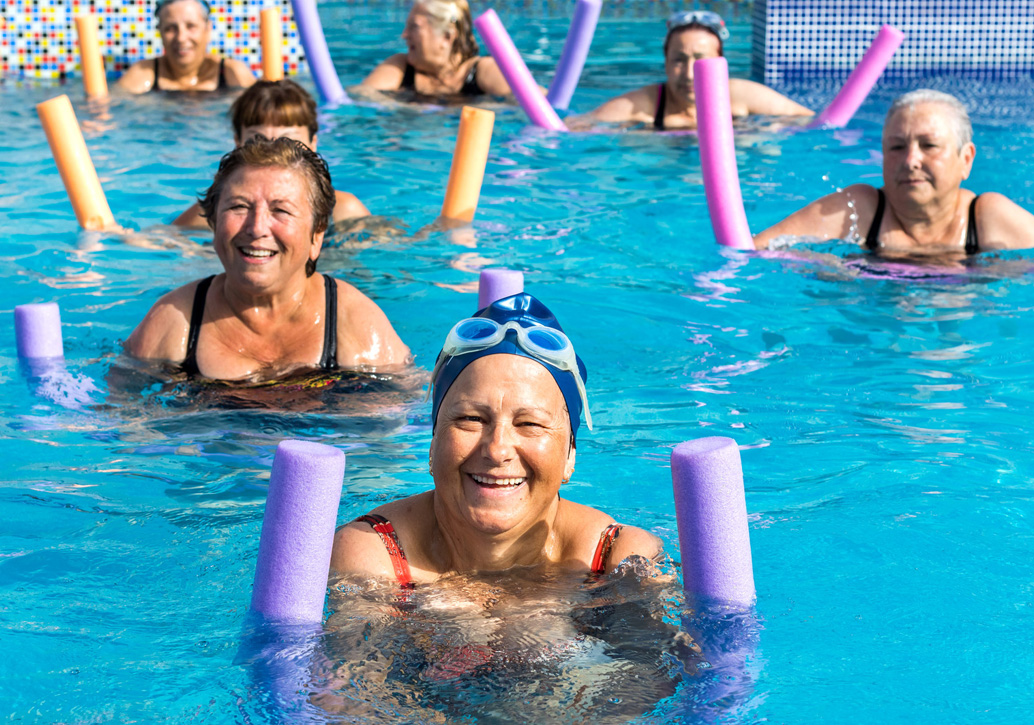(And how to prevent them)
By Mary Bart
Caregiver Solutions in the previous post looked at bathroom safety and in this article we will explore ways to ease anxiety, how to deal with emergency situations and managing your diet so you can feel prepared for every eventuality.
Anxiety
Living alone can cause loss of interest, appetite, energy, concentration and motivation. Indicators of anxiety include insomnia, dry mouth, shortness of breath, dizziness, numbness in feet and hands, muscle tension and feelings of being unsafe. Anxiety can make for more stress and poor decision-making.
Solution:
Being stressed and having anxiety can be exhausting and all consuming. There are many ways to deal with anxiety, including these ones:
Mind
• Don’t try and be perfect. Doing your best is all that can be expected.
• Try and find some perspective. Are things really as bad as you think they are?
Body
• Exercise daily (even a 30-minute walk will do wonders).
• Limit and monitor the amounts of caffeine and alcohol you drink. Both are known to trigger panic attacks.
• Get lots of sleep. Your whole system needs to re-charge from being stressed-out.
• Inhaling deeply and slowly will help reduce your stress.
• Eat healthy, well-balanced meals. Have fresh fruit and snacks on hand to help boost your energy.
• Count to 10 slowly and if that does not work, count to 50. Taking time to focus on the counting may help reduce your immediate stress.
Spirit
• Don’t forget to laugh and have humour in your life. Look for the funny side of something and enjoy that moment.
• Help others. Volunteering for a cause you believe in will help move you towards a greater purpose in life and help reduce your personal stress.
• Explore your anxiety and what causes it. Is it caused by a family member, a health situation or something that you cannot control? Once you get a handle on what is causing your anxiety, you are in a better position to manage it.
• Take a break. Step away from your problems by trying to relax. Try a yoga class, learn some relaxation techniques or even listening to music will help reduce your stress.
If your anxiety continues or worsens, seek professional help either on-line or by speaking with a specialist.
2. Emergency situations
If you live alone, then there is no one around to help in an emergency—falling or burning yourself on the stove are bad enough when there are others in the house to help. Being alone may leave you without medical attention for hours or even days.
Solution:
Being prepared for an emergency situation is one of the smartest things someone living alone can do for themselves. No one ever plans to fall or get hurt, but having a plan in place to deal with these sudden situations could be life-saving.
A basic home emergency supply kit should include:
• Whistle to call for help.
• Water – one gallon of water per person per day for at least three days, for drinking and sanitation.
• Food – at least a three-day supply of non-perishable food.
• Manual food can opener.
• Battery-powered or hand crank radio and a NOAA Weather Radio with tone alert.
• Extra batteries.
• First aid kit, with names and phone numbers of family, friends and your doctor.
• Cell phone with chargers and a backup battery.
• Dust mask to help filter contaminated air and plastic sheeting and duct tape to shelter-in-place.
• Moist towelettes, garbage bags and plastic ties for personal sanitation.
• Wrench or pliers to turn off utilities.
• Local maps.
• Thermal blanket, hat and gloves in case the power is out for an extended period.
3. Poor nutrition or malnutrition
Poor nutrition can lead to anxiety, weight and mood changes. Eating too much junk food will pack on the pounds, while eating too little can drop a person’s weight to unhealthy levels. Eating regular, healthy and balanced meals can be a challenge when living alone.
Solution:
- Buy fully cooked whole chickens from the deli counter. There will be enough food for days.
- Buy frozen fish and vegetables that are pre-sealed for individual portions. A filet of salmon and a small salad makes a great meal for one person.
- Plan and make a large meal, knowing that you will freeze a portion for another dinner.
- Get creative with left-overs. The tomatoes that you did not finish yesterday would be great in an omelet today.
- Keep your favorite cans of soup and tuna on hand. A quick wrap or sandwich with a hot bowl of soup might be all you need for lunch.
- Eat lots of fruit and veggies.
- Cheat sensible.
- Eat more fish – including a portion of oily fish.
- Cut down on saturated fat and sugar.
- Drink more water.
- Reduce your alcohol consumption.
- Eat less salt.
- Seek nutrition guidance you can trust.
Mary Bart is the chair of Caregiving Matters, an Internet-based charity that offers education and support to family caregivers.













